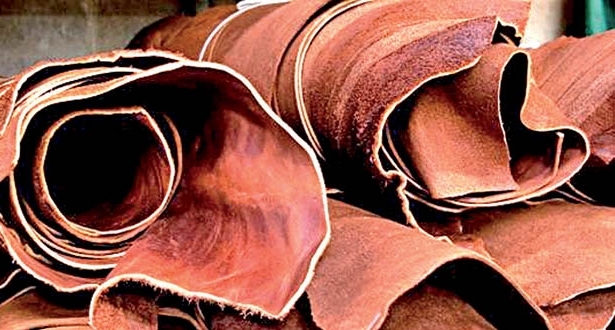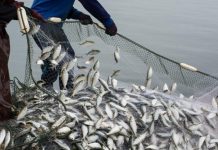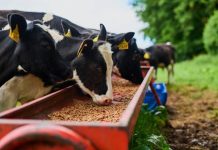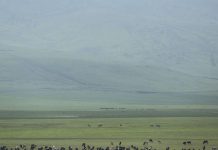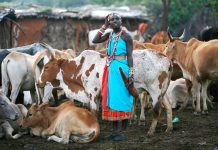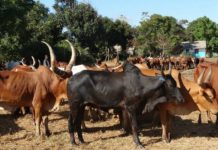OIKOS East Africa, through a European-Union funded project, has embarked on empowering pastoralists by processing livestock skins in a quest to create a commercial leather industry hub in the livestock-rich northern Tanzania region.
The idea is to use livestock hides, a by-product which are often thrown away, from within the villages forming Enduiment Wildlife Management area in Longido district, Arusha region, to make accessories and footwear for local markets.
Oikos East Africa’s leather expert, Mr Gabriel Mollel, said a group of 25 beneficiaries comprising 18 women and seven men, have been trained on how to use organic ingredients including papaya, lime and mimosa, to do rawhide tanning.
“We have taught them on using vegetables, particularly papaya, raw skin tanning, leather preparation for use, beadwork and production of handmade leather finished products in various designs,” Mr Mollel explained, adding that the beneficiaries are now capable to make high quality leather products after a 14-day training stint at Mkuru Natural Leather Training Centre.
“To empower pastoralists to harness the leather industry is a game changer,” he said, adding “These kinds of initiatives are critical for the livestock keepers as it offers diversification of income generation activities.”
Indeed, the beneficiaries say they were given trainings of both theory and practical sessions to equip them with the knowledge and then the skills to turn a raw skin into leather, before using that leather to produce bags, belts and key holders, among others.
“If I had tools I could just start producing belts and other stuffs. I’ve fallen in love mostly with leather processing lesson. I never knew before that you could process leather by using a small bucket,” said Kilembu Nguchicha, a pastoralist from TingaTinga village.
Christina Lomayani from Irkaswa Village said she used to witness pastoralists throwing away goats, sheep and cows’ raw hides because of a lack of market, but with the know-how she vowed to share the knowledge with others to ensure the skins are of an added value.
Oikos EA official, Ms Mary Birdi, said that she hopes that the leather activity will create new decent employment and so more income for the pastoralist communities of Enduimet WMA.
According to Ms Birdi the training is part of the three years European Union (EU) funded CONNEKT (Conserving Neighbouring Ecosystems in Kenya and Tanzania) project, which strives to promote the sustainable use of natural resources as tools to fight against poverty and boost socio-economic development.
“The overall objective of the CONNEKT Project is to enhance sustainable livelihoods for people who live along animal migratory routes,” she concluded.
It is understood, this project is executed by Oikos East Africa, a Tanzanian NGO based in Arusha operating since 1999 to promote the protection of biodiversity and the sustainable use of natural resources as tools to fight against poverty and boost socio-economic development.


